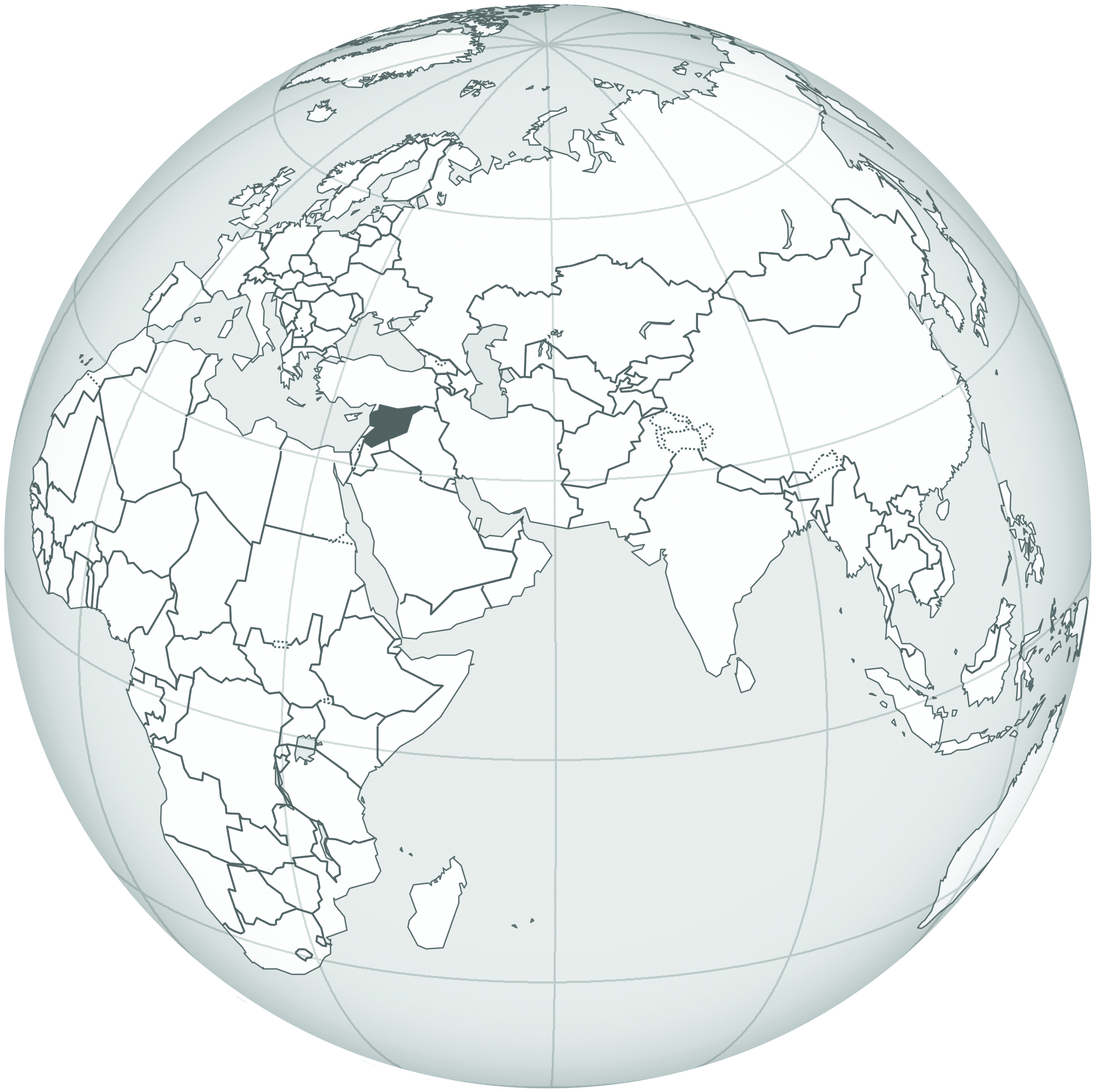In a January 26, 2014 New York Times Letter to the Editor titled “Human Rights Inaction,” Professor Tristan Anne Borer wrote, “Human rights advocates are at a loss; their primary weapon — shock — has proved to be ultimately powerless.” She wrote her letter in response to the breaking news that State Department officials had known about a large cache of photos showing evidence of torture since November but had remained silent.
The photos, depicting victims tortured at the hands of the regime, have recently hit the news only because the Syrian opposition has begun to release the photos and hopes to use them to delegitimize the Syrian regime at the Geneva conference. Professor Borer expressed a resigned sadness at the news of this inaction by the U.S. government. Her reaction is justifies. as the US and its allies seemingly act only if it serves their national interests and local political exigencies.
Professor Borer’s pessimism about the international human rights situation is completely based in reason. Time after time, the hegemonic states of the world have stood idly by while massive human rights violations have ensued. The Letter to the Editor cites Rwanda, Darfur and Syria, and the list is much longer. Rarely has the U.S. intervened simply for humanitarian reasons. When the U.S. has employed a humanitarian rhetoric, there have always been ulterior motives guiding these actions.
Libya serves as a prime example. Although the U.S. intervened for seemingly altruistic motives, it goes without saying that it saw the vast potential for investment in Libya’s oil; that is why the U.S. has not acted in Syria. The American Government has important interests in the region, but cannot differentiate our enemies from our allies. Al-Qaeda is omnipresent in Syria, which makes an opposition victory all the more precarious. The U.S. government now realizes that its own short-term national security interests would be better served by a continued stalemate.
On some level, our strategy makes sense. A realist International Relations scholar would likely say that all our options are less than ideal, and that we are being prudent in maintaining our mostly hands-off approach. However, for human rights activists, the Syrian civil war, which has claimed well over 100,000 lives, represents much of what is wrong with the international political system. That is, human rights are largely secondary to other political motivations, whether they are national security, the interests of our allies and/or our own economic advancement.
Human rights activists worldwide are asking themselves, what can be done? The answer is very complicated and will differ depending on who responds to the question. The best solution right now would be for the Syrian opposition to release more of the photos of torture victims and strategically analyze them in order to further their case that the Syrian regime has institutionalized and is responsible for widespread torture. This approach would create pressure for the United Nations Security Council countries to at least change their stance on aid negotiations and prisoner releases.
Overall, further humanitarian intervention of any kind is unlikely in the foreseeable future, since it does not benefit our national interest. In the short term, the United States must fully invest itself in the Geneva conference and Secretary of State John Kerry must effectively concentrate his diplomatic efforts. The war in Syria is awful, and with what limited room we have to act, we must.
The United States can implore Russia to pressure the Syrian regime to allow aid from the Arab Red Crescent and Red Cross to reach besieged families in Homs and similarly holed up civilians throughout Syria.
Although the conflict in Syria represents so much of what is going wrong with the international system, we must continue to be optimistic about what can be done in the future. Optimism and continued inovative strategies on how to approach humanitarian crises will help end these conflicts in the future.•










